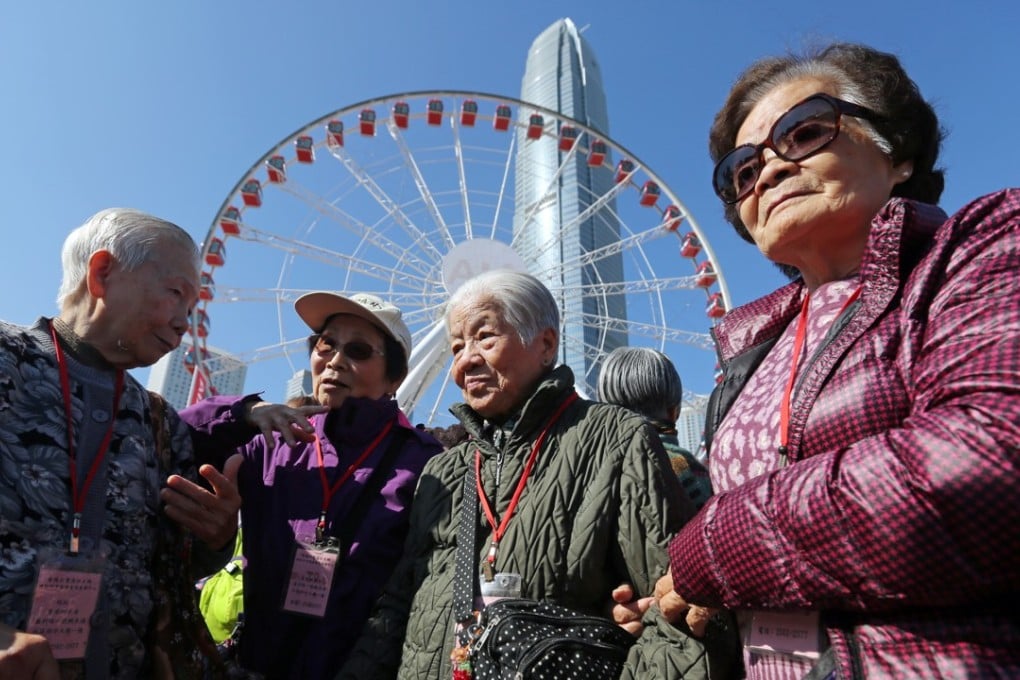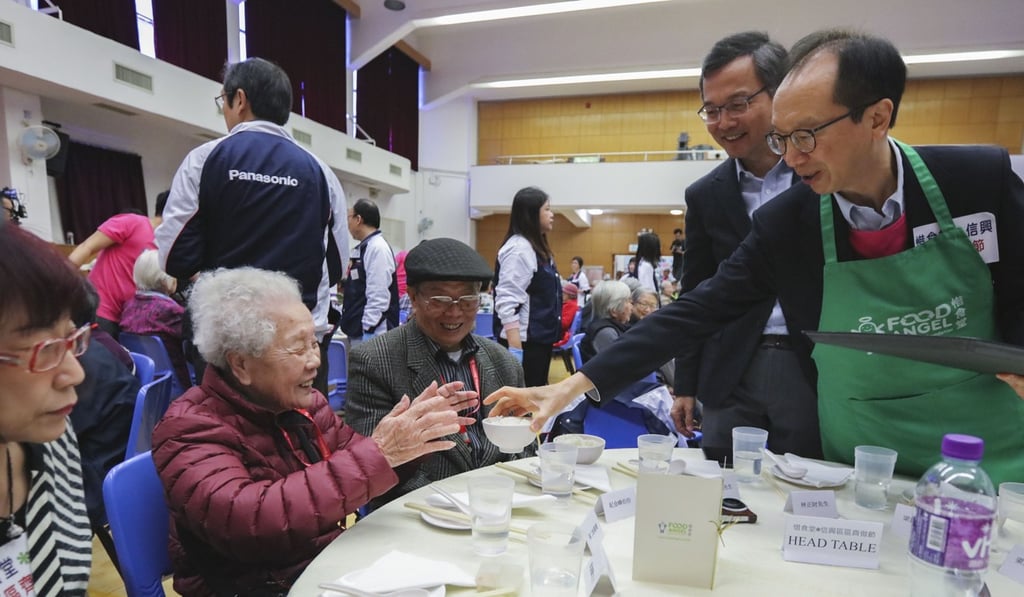Strengthen social relationships to help combat high elderly suicide rate
Qingsong Chang and Paul Yip say that our expanding older adult population needs help and attention, given the high suicide rate among those over 70. Taking the time to build relationships and offer support can have a big impact

Over 10 per cent of Hong Kong elderly persons show signs of depression, survey finds
Although suicide rates have been decreasing in the past years, the expanding population of older adults will increase the number of elderly suicide cases in the coming decades. Psychiatric illness, physical illness and poor functioning are the main risk factors linked to late-life suicidal behaviour. Furthermore, social relationships have been identified as a significant factor. Older adults are experiencing rapid sociocultural change. Family structures and social support are, in some cases, undergoing a significant transformation in the face of urbanisation, modernisation and immigration.
Who cares for the carers looking after Hong Kong’s elderly people?
When we talk about “social relationships” in this context, we are refering to the connections between people who have recurring interactions, such as family members, friends, neighbours and colleagues, and which are perceived by those involved to have personal meaning. Social relationships can be classified as structural and functional. Structural social relationships are the different social ties and roles, such as marital status, social networks, living alone, social isolation and social integration. Functional social relationships are actions perceived to be available through social connections, such as social support, perceived social support and perceived loneliness.

Our latest research using 31 studies published between 2000 and 2016 to examine the associations between social relationships and late-life suicidal thoughts indicated a 57 per cent increased likelihood of such thoughts for elderly participants with troubled social relationships. Social relationships exerted a stronger effect on suicidal thoughts among Chinese communities than non-Chinese communities. Moreover, there was a 37 per cent increased likelihood of suicidal thoughts among elderly participants with disadvantaged structural social relationships. Among the structural measurements, the strongest association with late-life suicidal thoughts was “not being married in late life” with a 44 per cent increase in suicidal risk, followed by living alone (39 per cent), unemployment (36 per cent), without religious affiliation (35 per cent) and familial discord (19 per cent).
‘Matter of time’ before Hong Kong imports carers for elderly, labour minister says
However, the functional measures of social relationships were even more predictive than structural ones. There was a 77 per cent likelihood of an increase in suicidal thoughts for those with disadvantaged functional social relationships. Among the functional aspects of social relationships, mistreatment had the strongest effect, followed by perceived loneliness and poorly perceived social support.
Health care professionals and policymakers should be aware of the links between social relationships and suicidal risks. Firstly, improving social relationships may be helpful to early identification of elderly individuals at risk. Secondly, practical intervention is needed to empower social relationships or promote closer social ties, for example, through community-based networking.
The struggle for Hong Kong’s old and sick to die with dignity
We need to build a caring society for everyone, including those who are weak, old and vulnerable. We can all help by improving social relationships with older adults.
Qingsong Chang is a PhD candidate in the Department of Social Work and Social Administration, at the University of Hong Kong. Paul Yip is director of the Centre for Suicide Research and Prevention at HKU